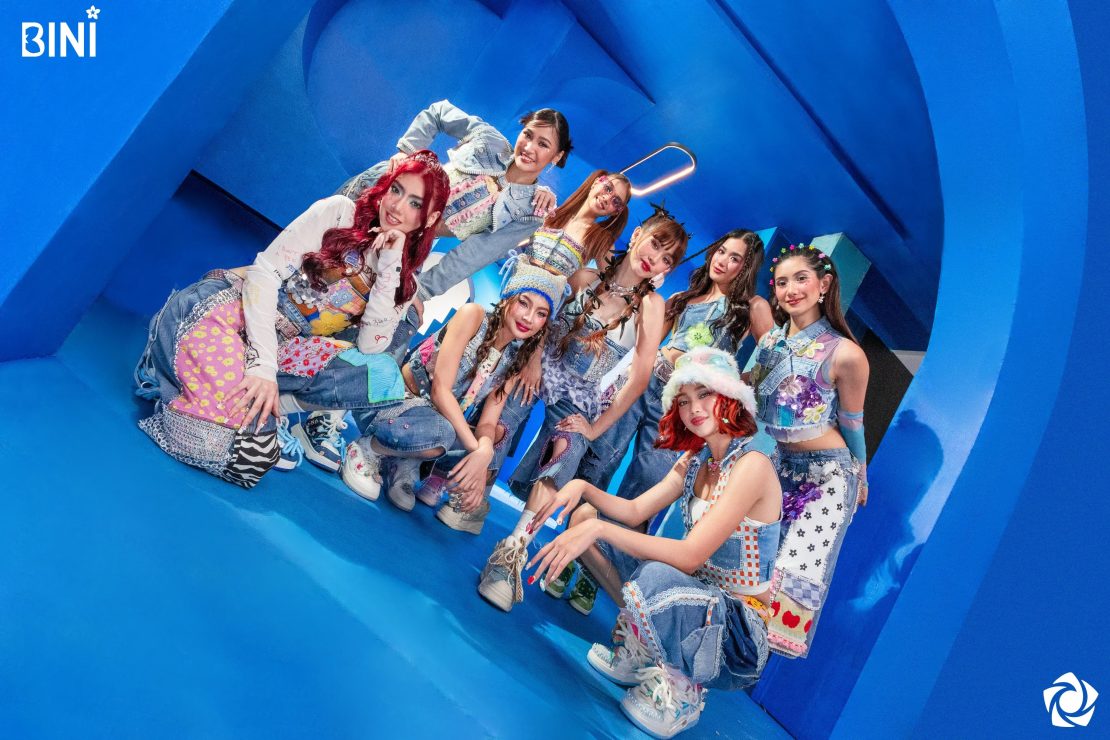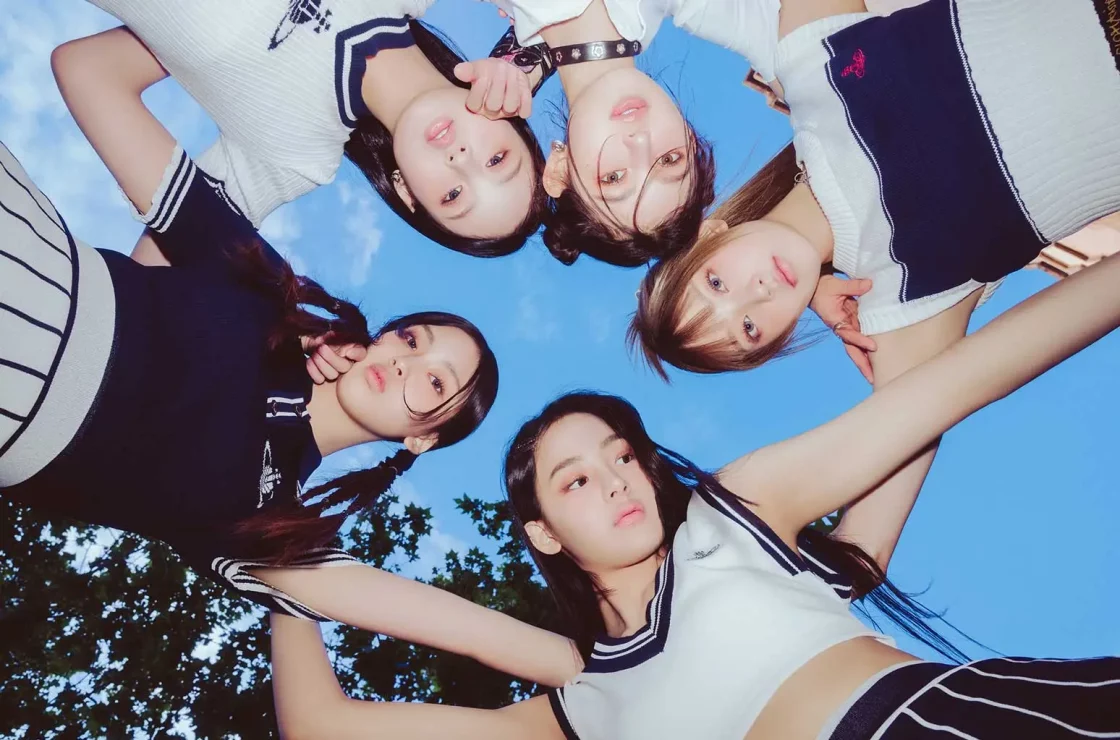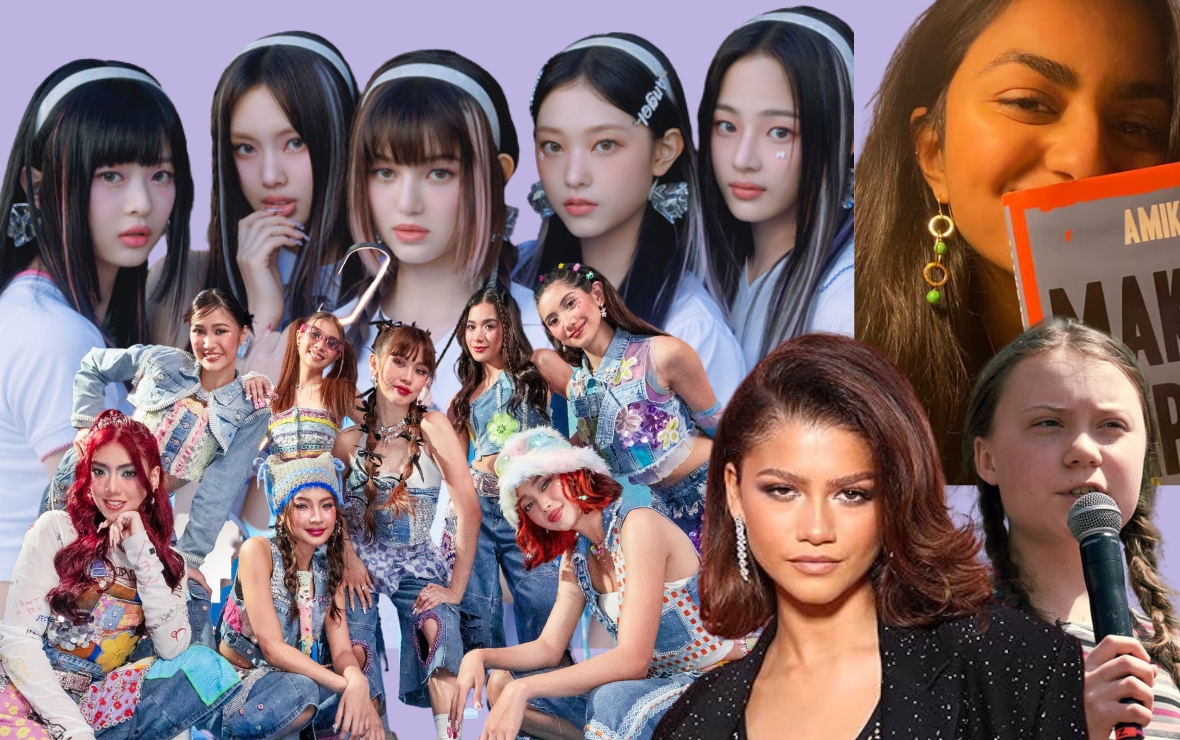Hannah Joice Nicole S. Malacad
As the world hurtles toward an increasingly revolutionary era, Generation Z females find themselves under a harsh spotlight. They are labeled whiny, rebellious, and untamable – repeatedly called out or dismissed for not conforming to societal norms. Whether it is their makeup choices, fashion sense, or hobbies, they are scrutinized relentlessly. Seemingly, these problems are not new since earlier generations have been battling with these even long before, but what sets Gen Z girls apart is the intensity of the backlash they confront. They bear the brunt of criticism with a ferocity that even their predecessors never encountered. Why?

Visibility and Virality: Dissimilar to previous generations, Gen Z’s actions can go viral within minutes due to the hyperconnectivity that social media and the internet provide. A single posted image, comment, or video can put them into the boundless spotlight that exposes them to unfacilitated public opinion — whether negative or positive. This uncontrollable visibility entwines with vulnerability. Simple mistakes and uncommon behavior are magnified in online discussions, which lead to soul-stealing criticism.

Defying Gender Norms: Gen Z girls openly go against gender stereotypes. They explore the rigid lines of masculinity and femininity without worrying much about how they match with their assigned sex at birth, religion, or even upbringing. Whether it is about clothing, social connections, family dynamics, or career aspirations, they refuse to blindly conform. And this mindset and behavior affright established norms, eliciting upbraiding from conservative circles.

Progressive Stances and Advocacy: Gen Z is undaunted by long-standing conventions and generational traditionalist ideologies. They reject the idea of oppression and over-tolerance and are ready to stand up and voice out their opinions on critical global matters like racial inequality, gender discrimination and environmental deterioration, economic instability, and uncertain future. Their active participation in societal conversations unsettles reactionaries.
Generational Clashes: Although it normally occurs between generations, Gen Z’s clashes are particularly intense. Their tech-savvy, boundary-pushing, and experimental attitudes infuriate older generations who see them as wayward, difficult kids raised unloved, needy, or unsupervised.

Embracing Individuality: If there is anything that describes Gen Z best is their desire to express themselves freely. Girls in this generation prioritize authenticity over expectation-compliance. Rather than pressuring one another to conform to specific aesthetic norms and body frames, they acknowledge each other’s beauty, body size, and self-expression. But this body positivity and unorthodox beauty standards are often misconstrued as defiance against established conventions.

Despite these challenges, Gen Z ladies persistently redefine what it means to be unapologetically themselves. While they are often perceived as rebels, they celebrate the intergenerational exchange of perspectives and beliefs. They recognize that each generation contributes to the vivid tapestry of human history. They are not discarding all the lessons of the past to create a new world without boundaries and rules; they actively engage in the fight for a better community. The goal is not to dominate but to ensure that the battles and storms their ancestors faced long ago were not in vain.
Their concerns about tradition stem from a deep-rooted love for a more compassionate society-one that nourishes dialogue, understanding, and care, especially for the underprivileged. Instead of fearing change and condemning Gen Z girls, it is crucial to acknowledge their skills and knowledge of the advanced world. By doing so, we can facilitate a harmonious meeting point between innovation and tradition.









